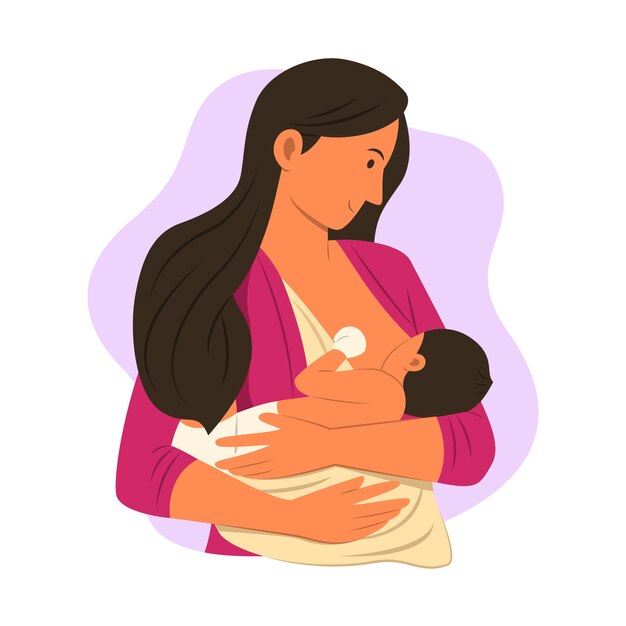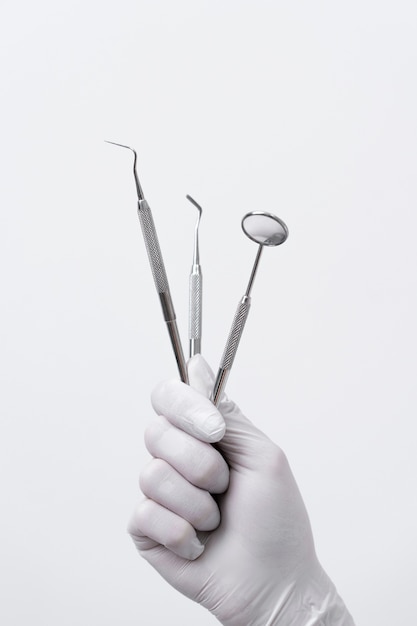

After welcoming your little one into the world and marveling at their rosy perfection, you’ll face an important choice: whether to breastfeed or use formula. Making this decision gets easier when you’re well-informed about what breastfeeding involves, its perks and its downsides.
**Advantages of Breastfeeding**
Breastfeeding brings many benefits for both you and your baby:
**Nutrition** – Breast milk is packed with all the essential vitamins, minerals, amino acids, sugars, and fats your baby needs to grow. Unlike most baby formulas, breast milk includes high levels of cholesterol, which aids in brain development and hormone production. Additionally, breast milk strengthens your baby’s immune system by providing antibodies that fight infections.
**Cost** – Breastfeeding is significantly cheaper than formula feeding. As long as you maintain good nutrition and take necessary vitamin supplements, you can provide your baby with free and nutritious milk.
**Bonding** – Many moms who breastfeed cherish the strong emotional connection that forms during nursing. This closeness is linked to the hormones released during the process.
**Disadvantages of Breastfeeding**
While there aren’t really any downsides for the baby (as long as there’s enough milk and your baby has a good sucking reflex), there are a few challenges for moms:
**Time** – For busy moms, breastfeeding can be time-consuming as no one else can feed the baby. Breastfed babies often wake more during the night, which can result in less sleep for you.
**Discomfort** – Breastfeeding can sometimes be messy and uncomfortable. Common complaints include nipple chafing, breast soreness, and general fatigue.
**Diet and Nutrition**
If you choose to breastfeed, it’s important to keep an eye on your diet to ensure you’re producing nutritious milk while also maintaining your own energy levels. You might feel hungrier more often because your body is working hard to produce milk. Generally, breastfeeding moms need an extra 200 to 500 calories a day. Instead of counting calories, listen to your body’s hunger signals and eat plenty of fruits, vegetables, and vitamin-rich foods. Staying well-hydrated is also essential.
**What to Avoid**
Limit your caffeine intake to about 300mg per day as it can pass into your breast milk, and avoid alcohol for the same reason. There aren’t specific foods you must avoid while nursing, but pay attention to how your baby reacts to certain foods and eliminate anything that seems to cause gassiness or irritability.
**Do Your Homework**
Remember, everyone is different. What works for one mom and baby might not be the best choice for you and your child. Making a well-informed decision about breastfeeding is crucial. Take the time to research, talk to your doctor, and consider your unique situation just as you would with any other important decision regarding your baby’s health.

